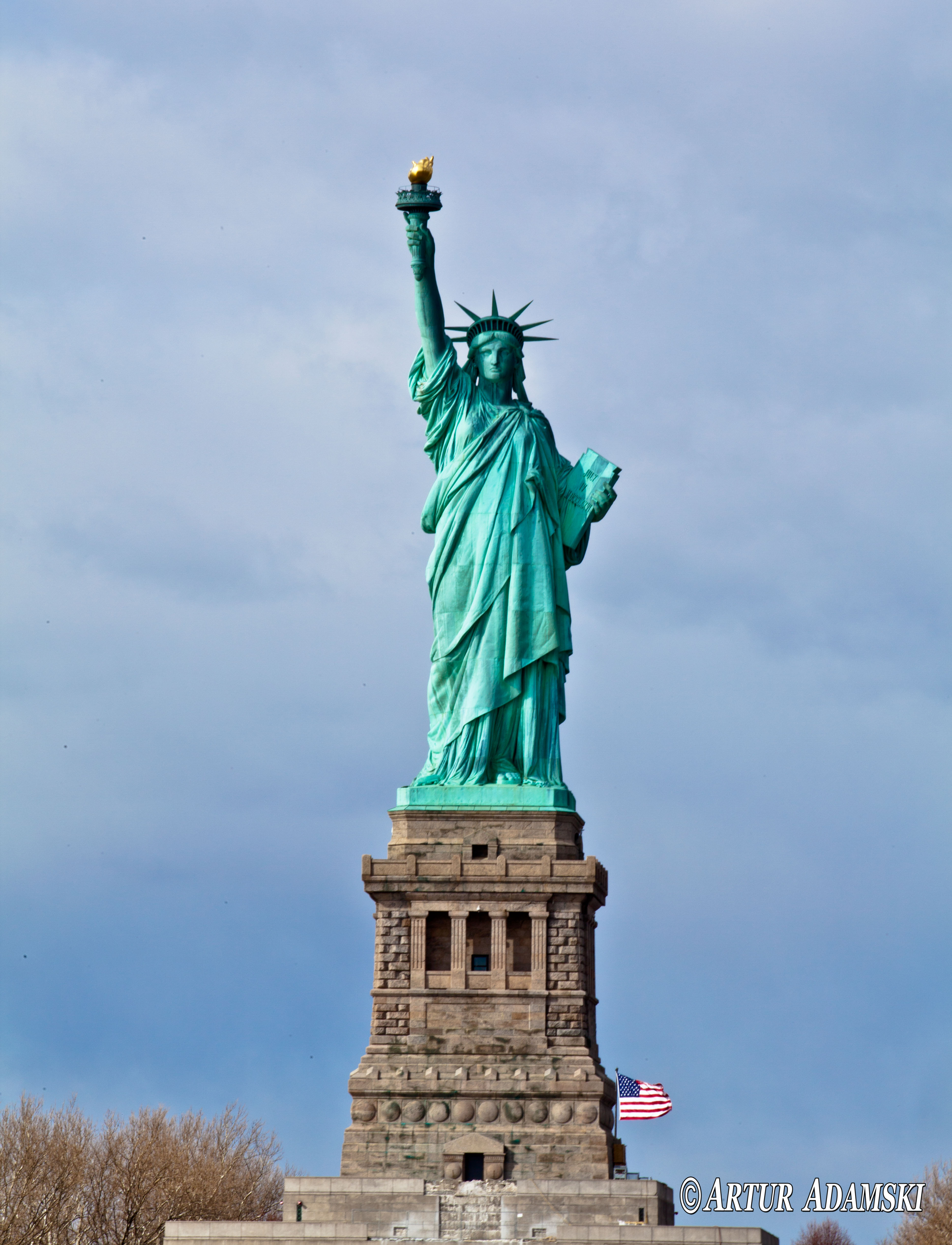Wifey B, you are wise beyond your years. You said what I wanted to say but was to angry to put it into words.
Kudo's to you and thank you.
Wifey B: Well, thank you. However, don't ignore the part addressed to your friend. If he leaves every forum, every group, every place that the French get insulted, he's going to get lonely. Probably not a day here, some post doesn't make me feel a bit insulted but I'm sure not leaving and giving in to it. I'm secure in myself and not letting a few ugly words run me away. If your friend had an issue with what was said, he should have said so. Perhaps initially by a PM. It really was a throw away line. Ugly, inappropriate. But damn, you gotta get thicker skin to survive in the faceless forum world.



